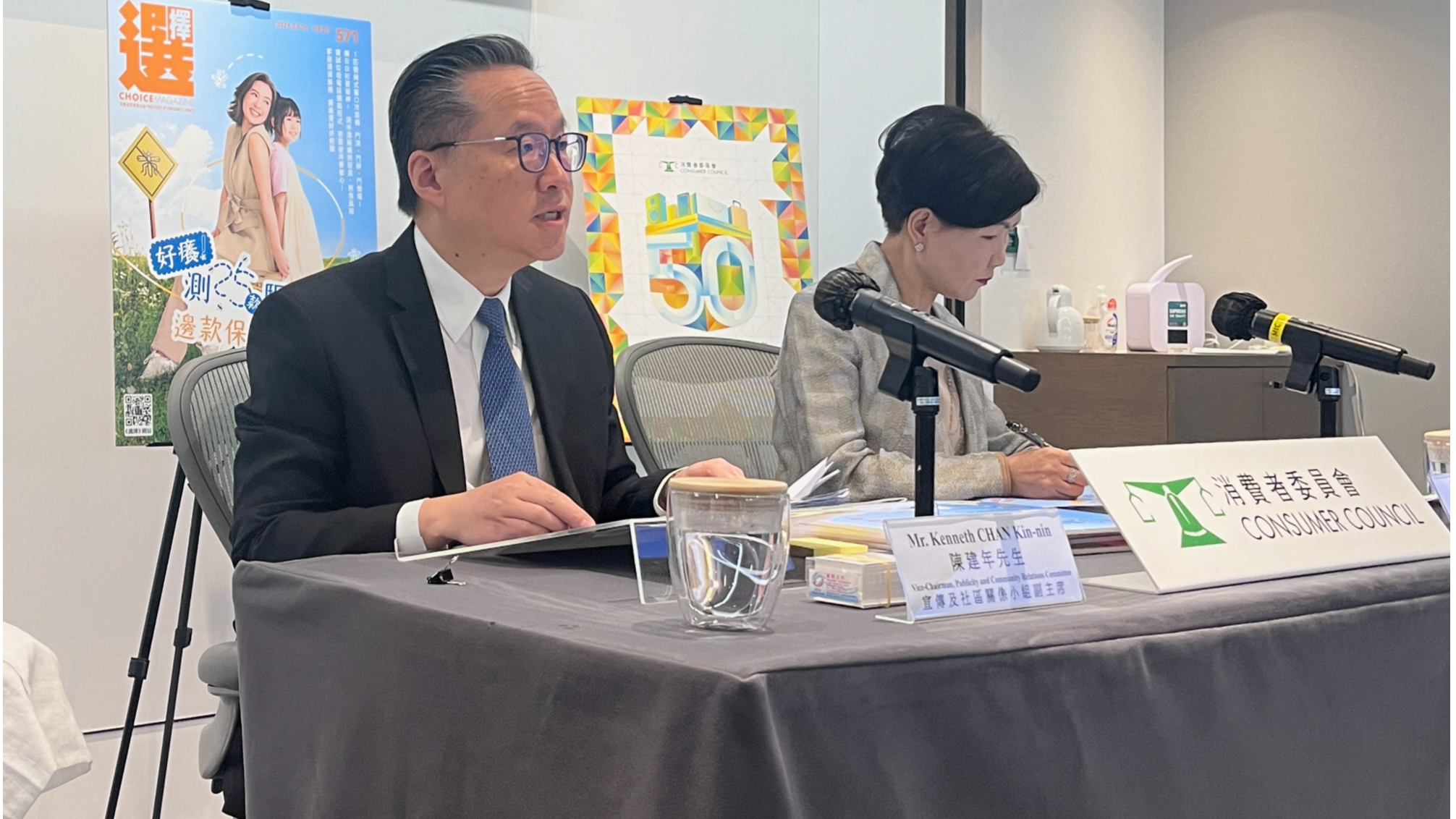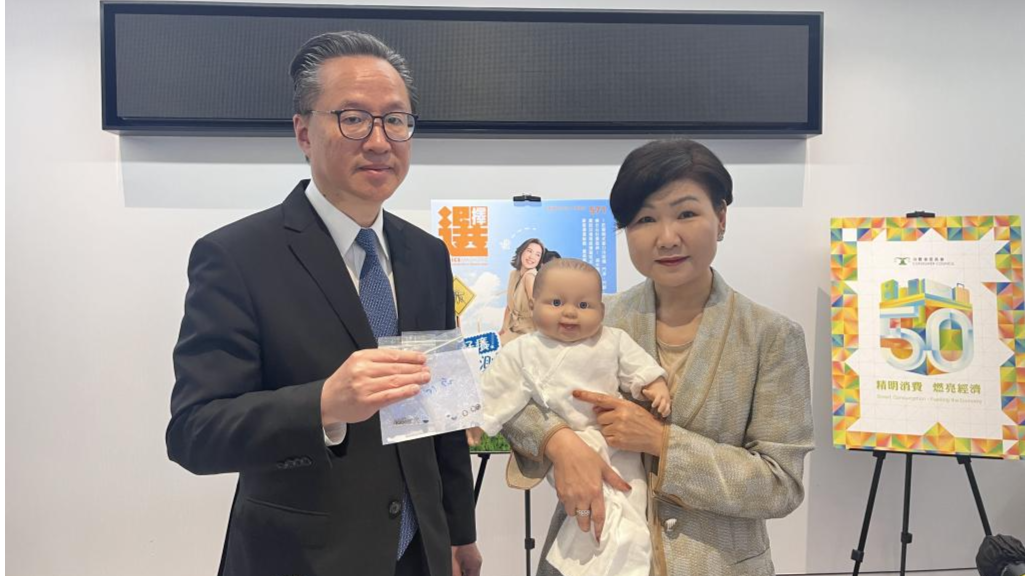
Mosquito repellents containing DEET or picaridin provide good protection, but customers should be aware that those with high concentrations of the former may cause skin irritation, the Hong Kong consumer watchdog warned on Thursday.
Revealing its findings at a news conference for the release of the latest issue of its Choice magazine, the Consumer Council tested 25 repellent products currently on the market and found that over nine in 10 still provided at least 80 percent protection four hours after application.
Five of those tested were labeled as containing DEET and four as containing picaridin. Both are synthetic chemicals and common ingredients in anti-mosquito products. Eight models were promoted as “natural” or “herbal”. The 25 products ranged in price from HK$18.90 ($2.42) to HK$259 per bottle.
READ MORE: WHO urges swift action as dengue cases surge in Bangladesh

The overall mosquito repellent efficacy for the nine products labeled as containing either DEET or picaridin was high for both southern house and yellow fever mosquitoes – two types of skeeter known to play a role in transmitting viruses during epidemics, according to the council tests conducted in Australia.
For southern house mosquitoes, seven of the nine models provided 100 percent repellent efficacy four hours after application, compared with 96 percent for two others.
The council noted that one model was found to be counterproductive, as during testing more mosquitoes landed on the forearms of participants after its application compared to before, suggesting the product might contain ingredients attractive to mosquitoes
For yellow fever mosquitoes, all nine DEET or picaridin products maintained protection levels at or above 80 percent, except for one which had a lower DEET concentration.
The council noted that one model was found to be counterproductive, as during testing more mosquitoes landed on the forearms of participants after its application compared to before, suggesting the product might contain ingredients attractive to mosquitoes.
The Consumer Council said that while DEET offers strong protection against skeeters, customers should be aware that high concentrations of DEET in anti-mosquito products may cause rashes, blisters, and irritation of skin and mucous membranes, with the risks even higher for children.
READ MORE: Global dengue surge sparks concern as cases top 5m this year
Infants under 6 months should not use products containing DEET unless they need to travel to places with high exposure risks to mosquito-borne diseases, the council suggests.
Also in the latest issue of Choice magazine, the council revealed that more than half of the 30 baby clothing samples it collected posed safety risks due to their design and production procedures. It recommended that parents wash new baby clothes before they are worn to remove residual or allergenic chemicals.
Other tests conducted by the council involved window-type air conditioners, spam call blocker apps and household cleaning services.
Contact the writer at stephyzhang@chinadailyhk.com


